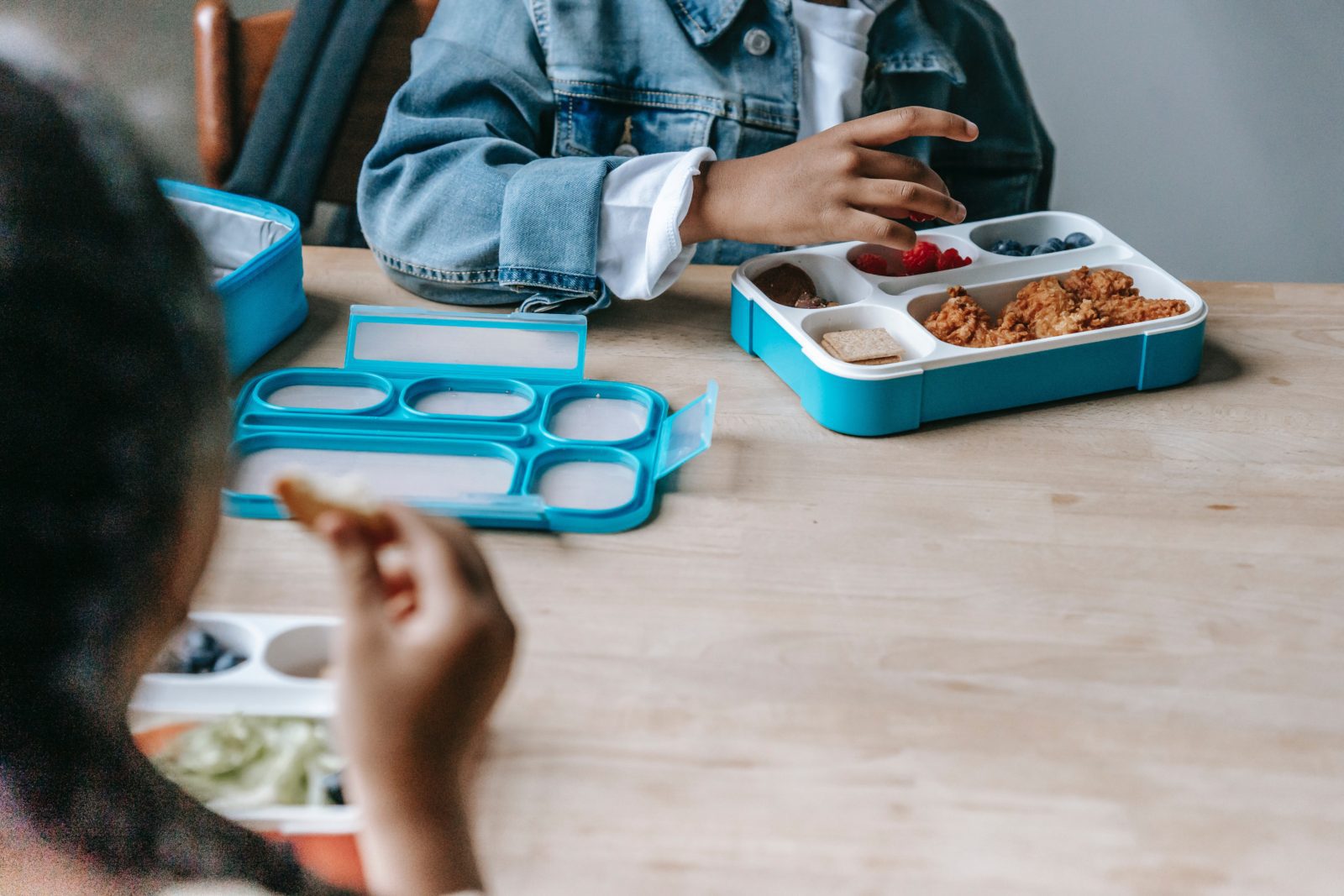As restaurant prices continue to rise, more people in the Czech Republic opt to bring their lunches from home or take leftovers from restaurants to save money. Some are even ordering delivery meals in groups to split the delivery cost.
According to Tereza Knířová from Sodexo Benefity, a company that distributes meal vouchers, “this year, there has been a significant decrease in customers in the gastronomy industry. This is mainly due to high prices for lunches, which have hit what customers are willing to pay.” The average price for lunch in August was almost 185 Czech koruna, which is 20 koruna more than last year.
People are finding ways to save money, with some choosing only to have a main course in restaurants and skipping drinks and soup to save costs. Others are ordering less or choosing discounted menus.
Delivery services are also seeing changes in customer behavior. Adam Kolesa from Foodora said they are seeing a trend towards fewer items in customers’ orders, but the value of orders has increased due to inflation. On the other hand, Marek Maxa from Bolt Food said that customers are ordering together more to split the delivery costs.
Despite the changes, there is still a significant number of people who buy lunch at restaurants or canteens. According to a survey by meal voucher company Edenred, 16 percent of people believe lunch at work daily, three percent less than last year. However, 49 percent of people do not buy lunch at work, an increase from 41 percent last year.
Almost half of the respondents in the survey said that restaurant prices are too expensive. Aneta Martišková from Edenred said, “Czechs could afford almost five percent fewer lunches from their average salary in July than a year ago. But the good news is that inflation and price increases began to slow down in the first half of this year.”
Prices for lunch differ across the country, with the highest prices in Prague at over 200 Czech koruna. The lowest average lunch price is in Jihlava, at 163.50 Czech koruna.
While many people bring their lunches to work, some cannot due to a lack of options or dietary restrictions. Almost a quarter of respondents in the Edenred survey said they can cook better meals at home, but around eight percent require special diets.
In summary, Czechs are finding ways to save money on lunch, with more people bringing their food from home or ordering delivery meals in groups. While many still see restaurant prices as expensive, there are signs that price increases are slowing down.





